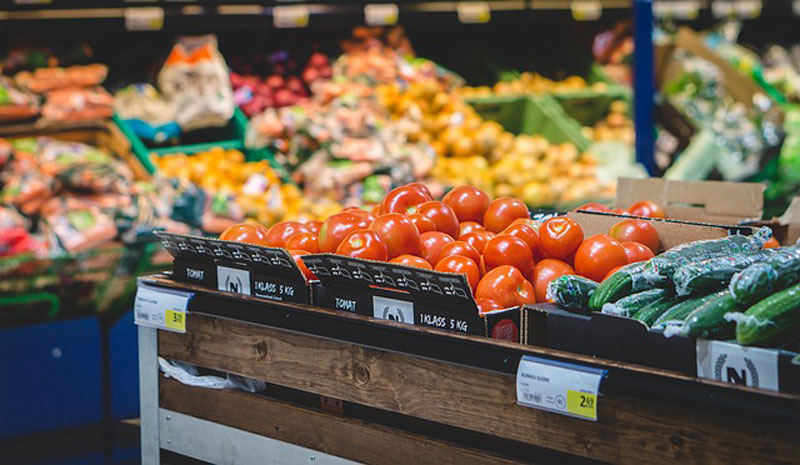

We all want to try to be healthier. And there are plenty of ways to make that happen. However, with the sheer amount of information on the Internet about eating healthier and getting your body into shape, this can all just be pretty overwhelming if you’re just a regular person trying to live a healthy lifestyle. And that’s why we’re here to help!
One of the best ways you can start living a healthier lifestyle is right in your neighborhood supermarket. It’s super important that you understand how to make healthy choices when you’re shopping for groceries because this is where your nutrients are going to come from. If you don’t make good choices as to what food you’re putting into your body, then there’s not much of a chance for you to live a healthy life. Keep reading down below, where we’re going to go into more detail as to how you can make healthier choices for your groceries at the supermarket.
- Try to Look for Shorter Lists of Ingredients On Products
One of the first steps to making healthier choices at the supermarket is by checking the list of ingredients on the product you’re about to pick up. Sure, this might be the last thing that you want to think about when you’re in a rush, but if you take the time to understand what ingredients are in the products you’re buying, you’re going to be making much more health-conscious food choices.
For example, if you check out the list of ingredients and find that there is a huge list of unknown ingredients on the label, this is a warning sign of potentially unhealthy food items. It’s best to go with simpler products that don’t have as many complex ingredients that you can’t even pronounce. When you want to make healthy choices at the grocery store, go for food items with the least amount of ingredients to make your regular meals.
- Don’t Believe The “No Cholesterol” Claims
The first rule of food health that you need to understand is that all animal products are going to have some levels of cholesterol in them and that plant products do not. That’s why you might see big signs on products that say “no cholesterol”, enticing you to buy that product because you’re most likely worried about your cholesterol levels. However, this is simply natural and doesn’t mean that these ingredients are any healthier than the others. This is most likely a way for the food companies to distract you from the fact that there are many other unhealthy items in the food product you’re about to pick up. So, watch out for that!
- Understand What “Organic” Truly Means Before You Buy
There are tons of products out there that tout that they are “organic” in some form or another. However, this is a label that you should take with a grain of sand for many products. If a product at the store is truly organic, then the company that produced this food item has the necessary certifications from accredited institutions. You should make sure to do thorough research on the “organic” items at your supermarket to see if they are truly organic or if the company has just slapped that label on the box to influence your decision to buy. A lot of the times, “organic” foods won’t even be that healthier when compared to their traditional counterparts, so it’s important to be careful with this.
- Understand Serving Sizes
One of the most important lessons you should learn whenever you are shopping at the supermarket is the lesson of serving sizes. Most of the time, when you look at food products you’re thinking of buying, you can look at the ingredient list and you’ll see a low number of calories or fat content than the product actually contains. That’s because of serving sizes. If you take the serving sizes and then multiply that number by the other numbers on the nutrition label, you will be able to know exactly what nutrients you are putting into your body.
- Understand The Cereal Hype
Cereal is one of those food items that pretty much everyone has on their grocery lists every week. However, there’s a certain hype surrounding “healthy” cereals that might not actually be as good for you as the cereal companies say. Make sure to check the ingredients on these cereals because whole grain should be first and foremost on this list for a real healthy cereal. Also make sure that the cereal doesn’t contain loads of sugar, like many cereal products on the shelf will. This will ensure that you are making the right choices for your breakfast!
And there you have it. These are the top tips you should keep in mind if you want to make the right and healthiest choices at the supermarket when you shop for your weekly groceries and avoid junk food. Were you aware of these yet or are they new to you?
